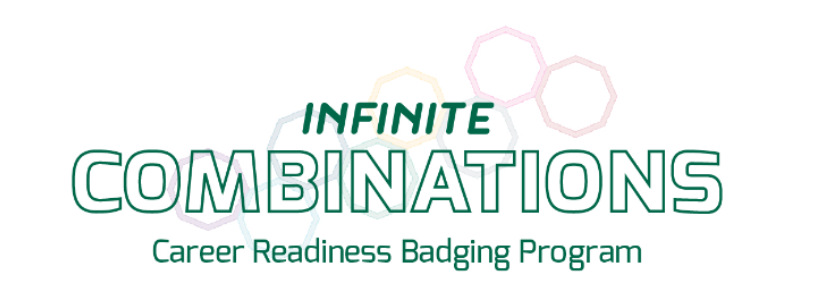By: Lynn Chisholm, Director of Internships and Career Readiness at University of South Florida
When we are share USF’s Career Readiness Badging Program with colleagues from other campuses, we’re almost always assured of being asked “do employers value the badges (digital micro-credentials)?” This is a question higher education and other educational institutions face as they decide whether to take on the quest of developing a badging program…or not.
I get it, no one likes to take a “trip to Abilene” if it can be avoided. You know, that groupthink decision to do something that no one really wanted to do but everyone went along with for the wrong reasons. Institutions need to decide for themselves based on their campus identity, culture, and community. After that, they need to go through their own decision-making process to determine if it is the right approach for them.
However, what is the simple explanation to this question? Yes, badging has replaced the old school form of validating what one has learned outside of a formal classroom setting for this digital generation. So, if paper certificates of completion were valued in the past, it stands to reason that badges (digital micro-credentials) will be valued now to represent learning attained through non-traditional channels.
But there’s more to it, if you’re familiar with Malcolm Gladwell’s best seller, “The Tipping Point” you and your educational institution may also be watching the “idea” of badging as this concept moves towards that critical mass where it rapidly goes viral.
· Maybe you and your team want to be early adopters helping to move badging forward: Is this you? One question quiz: how long have you had an Instagram account?
· Maybe you want to wait and see what staying power it has as it reaches some level of majority expansion: Is this you? One question quiz: when did you get your first fitness band/watch?
· Or maybe you’re a skeptical traditionalist waiting for the “fad” to fade: Is this you? One question quiz: do you still have a flip phone?
Those of us who connected with badging early as a solution for validating and scaling what our students can do as a culmination of their education and experience are confident that badging’s Tipping Point is on the near horizon.
What about employers though? Do employers value badges? Employers are simply another organization that will respond to advances in technology through one of the Rogers Five stages (innovator, early adopter, early majority, late majority, laggard). Badges represent just another technological advancement. We are carefully watching as badging spreads from major corporations (IBM, Verizon Wireless, GE), to campus partners (USF’s partner Aramark, USF’s Financial Aid Office), and local communities as a solution to organize and validate competencies and skilled pathways. What’s also interesting is that employers are ramping up their own internal badging programs, even going so far as to have them certified by ACE, the American Council on Education (Jiffy Lube University) according to Lorrie Freifeld, Badge Benefits, trainingmag.com. Badging is also spreading at an astonishing rate within organizations as evidenced by related web activity such as IBMs program: “Digital badges have generated nearly 100 million social media impressions as digital badges trickle into LinkedIn, Facebook, and Twitter every hour of every day.”
So perhaps the question is not if badging is valued, but when and how your organization will embrace it. As badging spreads from employers on one end of the continuum, and from students and new hires on the other end, the last mile in the middle are the HRIS and talent engagement systems. These environments will hopefully soon allow employers to search for candidates based on competency badges, and candidates to connect their badging credential to the posted position. Once online application systems improve the way in which candidates can share examples of their competencies and projects using evidence such as badges (and ePortfolio), not only will organizations be able to make more informed hires, but the use of such artifacts to verify skills will soon become the norm and not just an example of “best practices.” So to answer the question “do employers value badges?” The answer is, the smart ones do.
[This article originally appeared on LinkedIn]

